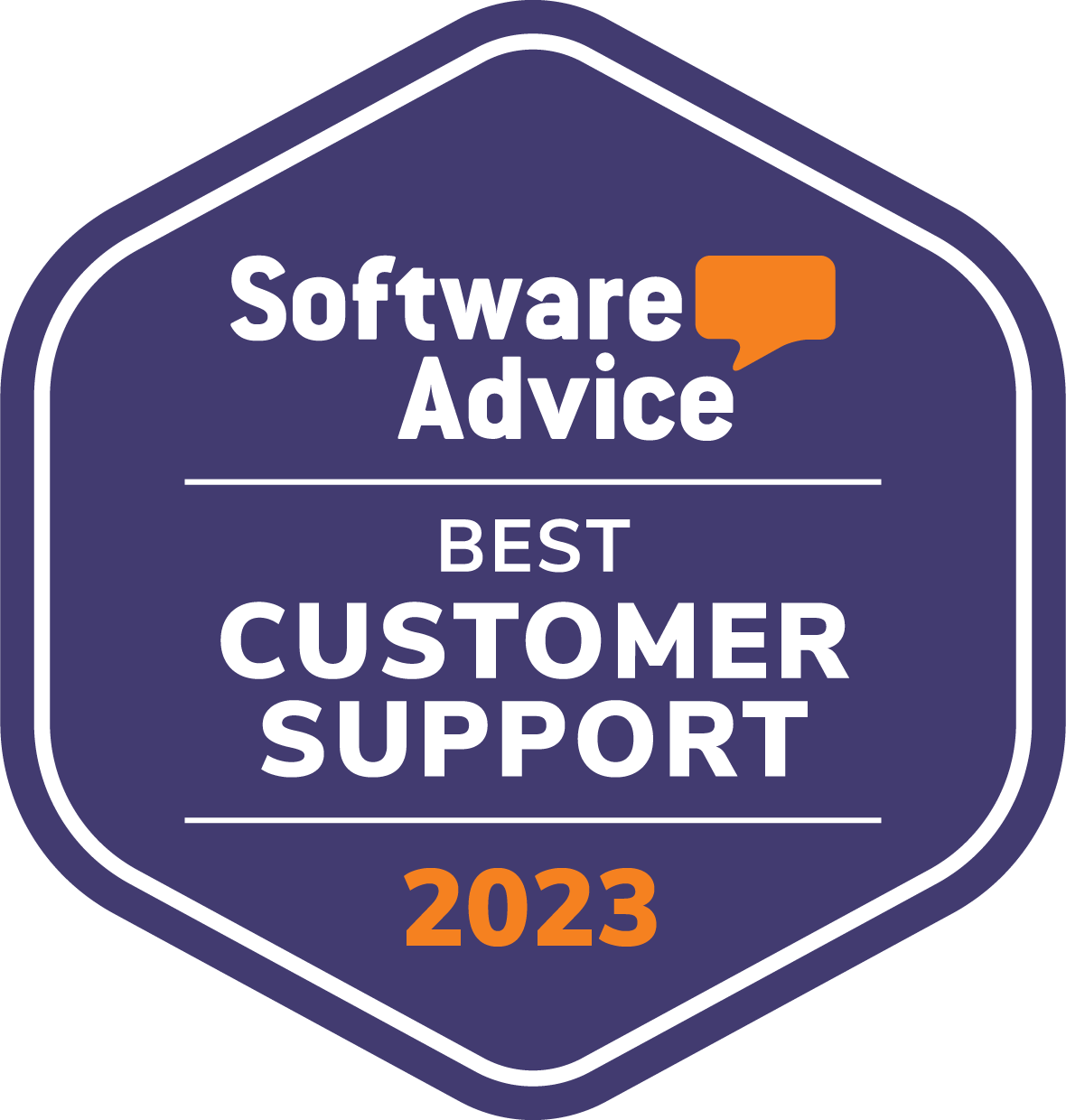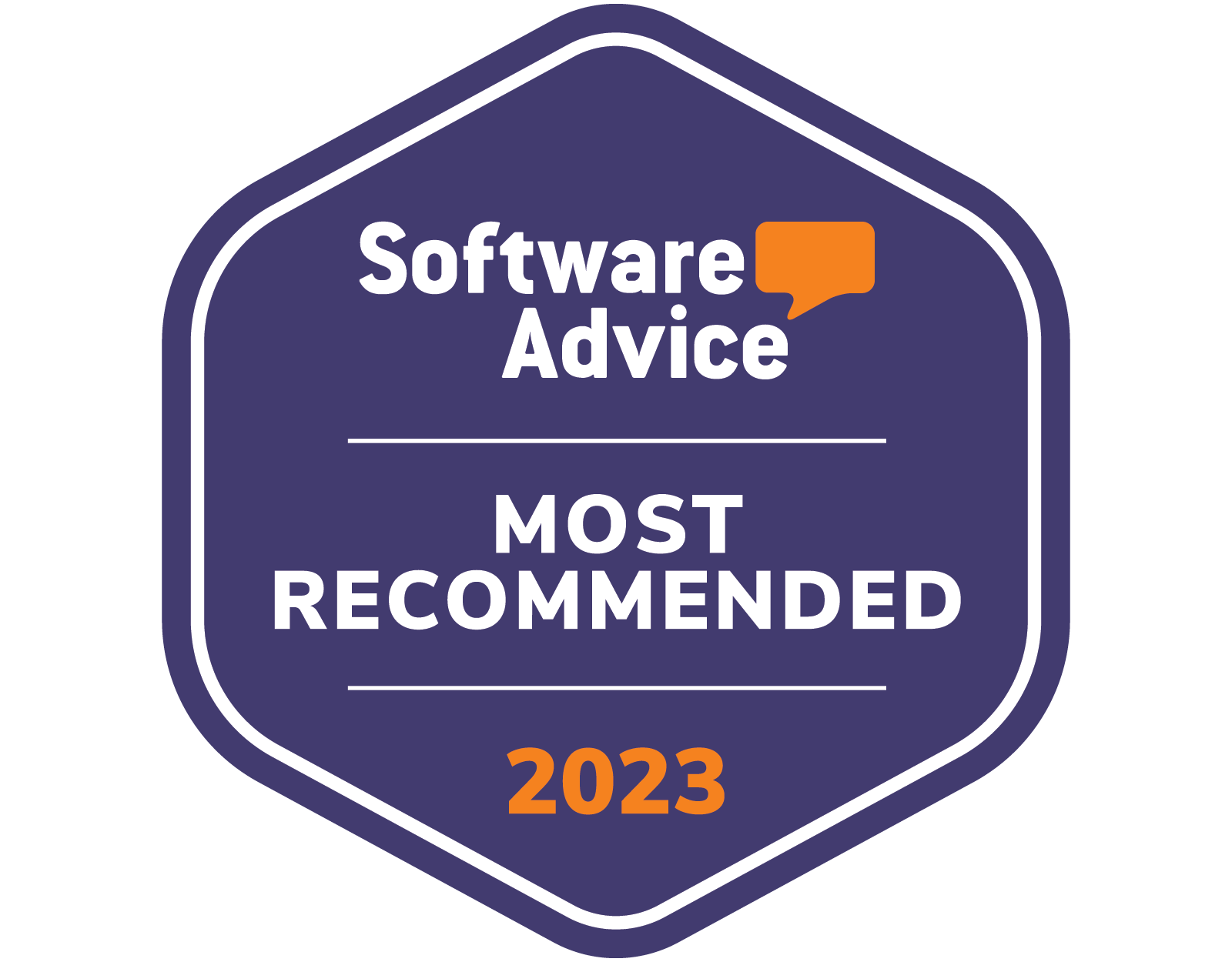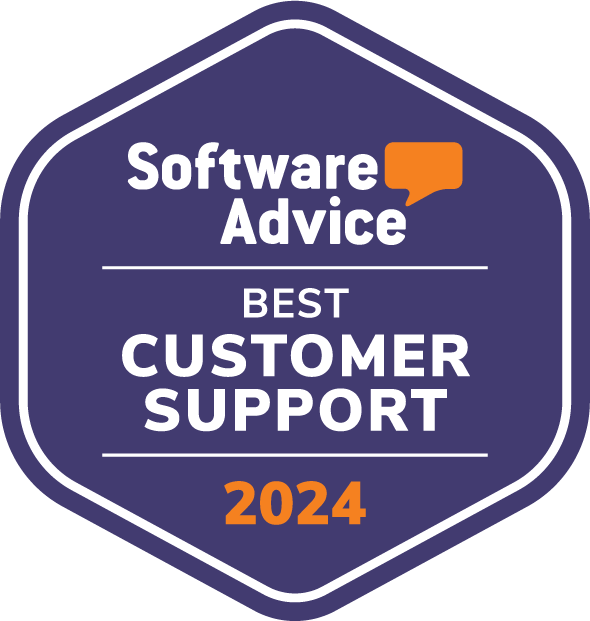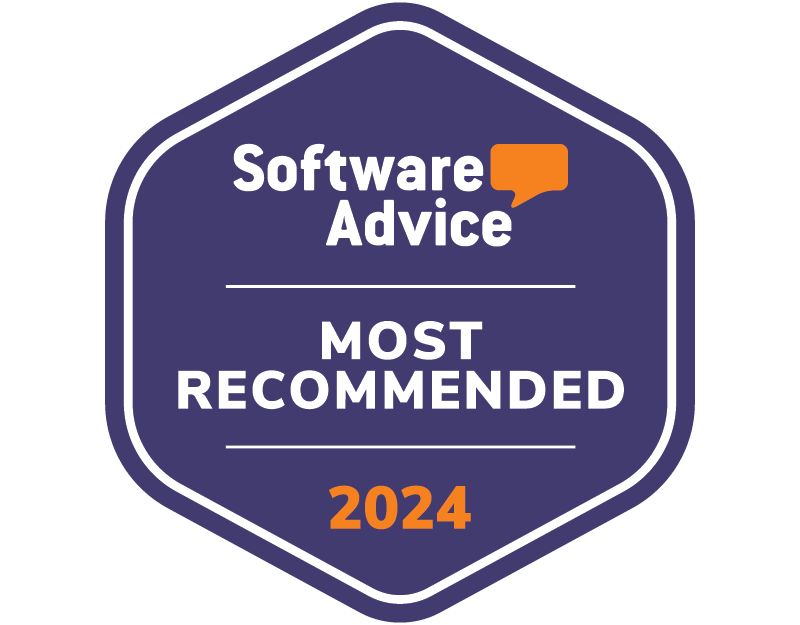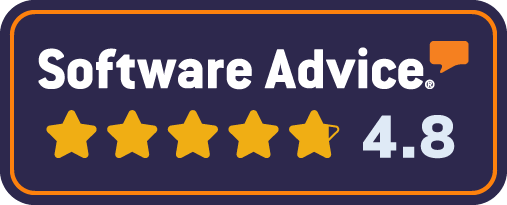What is an ETL Tool?
So you’re curious about what an ETL tool is. Perhaps, you’ve Googled ‘integrating my data’ and can’t understand why Google is returning searches containing ETL? Or, you’re struggling to get data out of one system and into another, someone suggested an ETL tool and you thought, “What on earth is that?” Or maybe, you just want to be super prepared for next Wednesday’s pub quiz.
All valid reasons for landing on this page, and in two minutes time you’ll know what an ETL tool is. (Incidentally, if you’ve been poking around the Tugger website already, then Tugger is an ETL tool, so you already know!)
ETL stands for Extract, Transform, and Load. So ETL is a data process, but in most cases, ETL is used in relation to an ETL tool, which is a tool to make doing this data process easier. An ETL tool will allow you to get data from multiple sources - your timesheet software, sales platform, marketing tools etc. And gather this together in one, central location i.e. a data warehouse. From this central location, you can merge it all together and feed it into other systems such as data analytics software like Power BI. Then you can make sense of your data via reports, charts and graphs. And you can see all your data together, making it much more meaningful than looking at one area in silo. (Incidentally, if you only have one data source, you’ll still be able to use an ETL tool to move your data into another location.)
Here’s a simple way too look at it:
Extract - get data from the data source(s).
Transform - clean-up, remove duplicates, merge from multiple sources
Load - get copied data into a new location So basically, it’s a posh way of saying copy and paste, with a little bit more in the middle.
Do I need an ETL tool to carry out the Extract, Transform and Load process?
No, absolutely not. But perhaps the question you should ask yourself is not whether you need to use one, but why you would i.e. what are the benefits?
The beauty of a good ETL tool, is that the process of collecting and consolidating data is infinitely easier then trying to do it yourself. If you do it yourself, and you’re not a developer, then you’ll need developer support - you’re about to start fiddling around with APIs (Application Programming Interfaces).
It’s hard to say how long it’s going to take you / your developer(s). It’s a bit of a rabbit hole time-wise and can take a good developer weeks (or even months in some complicated cases). So an ETL saves you a heap of time and hassle. And, when you compare a developer’s hourly rate with the cost of an ETL tool, you save a heap of cash too.
Something that often gets overlooked when people attempt to ETL themselves, is that you will still need to store your data somewhere once you’ve copied it. So you’ll need to use a data warehouse - another reason the perceived cost-saving of doing it yourself doesn’t really exist.
You’ll want to spend time researching this data warehouse to make sure you pick a secure one. A good ETL tool should include the cost of data storage in your package, and the best ones will only use a warehouse with enterprise-level security. If you take one thing from this article, let it be that you’ll definitely check security credentials before you move your data anywhere - you’ll thank us for this one!
The final benefit of using an ETL tool is, in our opinion, the biggest. A good ETL tool will significantly limit risk. If your aim is to get your data into Power BI for example, then the data analytics reporting you’re about to enjoy can only be beneficial if it’s accurate. Skewed data will spit out all sorts of nonsense, and if you’re steering your business on this, well we’re itching just thinking about it.
A good ETL tool will really limit this risk because data is checked and cleaned in the ‘transfer’ stage. So if you weren’t already sold on ELT tools, this is the benefit that really pushes it into no-brainer territory.
So there you go, now you know what an ETL tool is and why you might use one. If you have any questions about the Tugger ETL tool, don’t hesitate to ask. And in the meantime, Good Luck with the pub quiz!

